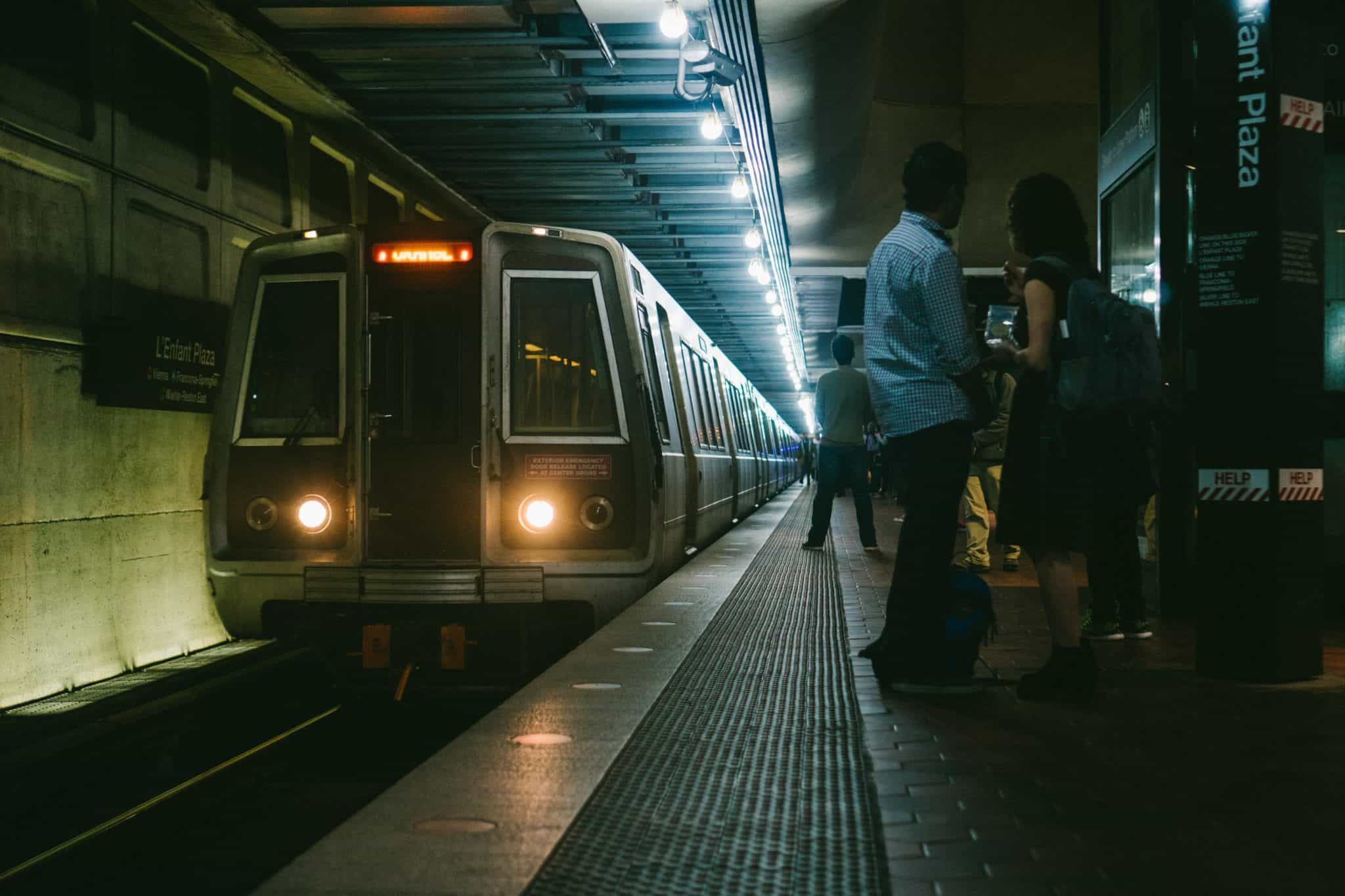Deanna Krokos is a student at Harvard Law School
The novel coronavirus, or covid-19, stands to pose broad and varied challenges for the global economy. This week, several stories focused on the impact an outbreak can have on workers. The Atlantic focused on the way the “culture of the American workplace puts everyone’s health at unnecessary risk” if the virus has a serious spread in America. Although prevailing advice suggests that people experiencing covid-19’s relatively commonplace, flu-like symptoms should stay home and rest, the U.S. does not guarantee paid sick leave to workers, leaving them vulnerable to financial difficulties or termination if they don’t show up. NPR interviewed several airport workers who worry that they are not getting the training or protection they need for working in such a high-volume, high-contact environment. The situation is even worse for gig economy workers classified as “independent contractors,” who are not covered by state or local legislation that guarantees some protections in certain areas. Although service industry and gig economy workers are least likely to have paid leave protections or employer-sponsored medical insurance, their jobs are most likely to require frequent contact with customers or handling food. But Vox adds that for low-wage workers, missing days of work can threaten the ability to afford basic economic necessities, creating a strong incentive against following doctor’s orders.
This weekend, the New Yorker published a piece by Steven Greenhouse that featured “The Faces of a New Union Movement,” examining new organizing movements by workers throughout the economy. The piece highlights the trend toward workers focusing their efforts “in sectors with little or no tradition of unions,” like political campaigns, smaller companies, and the gig economy. Greenhouse partnered with photographer Chris Buck to share images of these new organizers, who say they are “just trying to secure dignified work.”
J. David Cox, the President of the American Federation of Government Employees (AFGE) has resigned amid allegations of sexual harassment. AFGE represents the largest number of federal employees throughout different agencies. In October, Cox took a leave of absence while an outside investigator hired by the union investigated the numerous still-emerging claims against him.






Daily News & Commentary
Start your day with our roundup of the latest labor developments. See all
July 11
Regional director orders election without Board quorum; 9th Circuit pauses injunction on Executive Order; Driverless car legislation in Massachusetts
July 10
Wisconsin Supreme Court holds UW Health nurses are not covered by Wisconsin’s Labor Peace Act; a district judge denies the request to stay an injunction pending appeal; the NFLPA appeals an arbitration decision.
July 9
the Supreme Court allows Trump to proceed with mass firings; Secretary of Agriculture suggests Medicaid recipients replace deported migrant farmworkers; DHS ends TPS for Nicaragua and Honduras
July 8
In today’s news and commentary, Apple wins at the Fifth Circuit against the NLRB, Florida enacts a noncompete-friendly law, and complications with the No Tax on Tips in the Big Beautiful Bill. Apple won an appeal overturning a National Labor Relations Board (NLRB) decision that the company violated labor law by coercively questioning an employee […]
July 7
LA economy deals with fallout from ICE raids; a new appeal challenges the NCAA antitrust settlement; and the EPA places dissenting employees on leave.
July 6
Municipal workers in Philadelphia continue to strike; Zohran Mamdani collects union endorsements; UFCW grocery workers in California and Colorado reach tentative agreements.